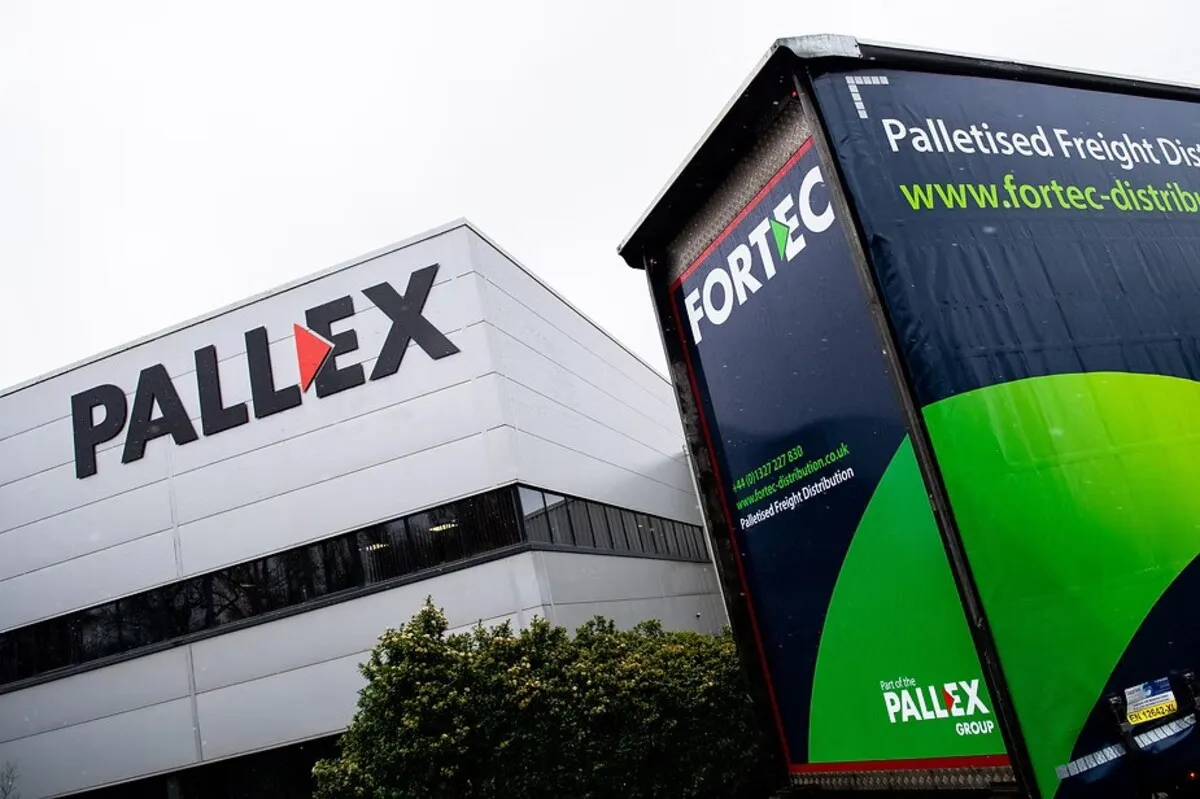The move marks the final stage in a network integration process that began in 2020 when Pall-Ex acquired Fortec. The group says the merger aims to improve operational efficiency, streamline commercial activities, and enhance service across its UK distribution network.
From January 2026, shareholder members will operate through the group’s new flagship hub in Leicestershire, as well as one of two regional hubs—Rochdale (Northern Hub) or Watford Gap (Northampton), depending on geographic location. According to the company, this reorganisation is intended to speed up operations and increase freight volumes at the regional hubs.
As part of the preparations, Pall-Ex has invested £200,000 in upgrades to its Watford Gap Hub and has expanded its operations team to manage anticipated increases in freight volumes.
Further reading: This mistake could cost your haulage business €5,000. And Germany’s not messing around
The consolidation follows the rollout of the company’s central operating system, Nexus, and the reconfiguration of member territories aimed at increasing drop density and optimising route efficiency.
Pall-Ex Group Chief Operating Officer Barry Byers said the company’s 2020 acquisition of Fortec was intended to grow market share, boost hub capacity and strengthen the network.
“All of which have been achieved,” he said. “We are now entering the final phase of consolidation, simplifying our operational and commercial activities by operating as a unified force in the market.”
In case you missed it: Drivers offered container sleep pods at logistics centre
The group has also made a wider investment in infrastructure, including an £80 million development of a 408,000 square foot headquarters and distribution hub in Leicestershire. Branded as a “Centre of Excellence”, the site is set to become the group’s main operational base.
In addition to pallet distribution, Pall-Ex Group has expanded into storage and fulfilment services through a UK-wide network of local facilities connected by a bespoke warehouse management system.
The group said the changes are part of a long-term strategy to reduce operating costs and support future growth.











